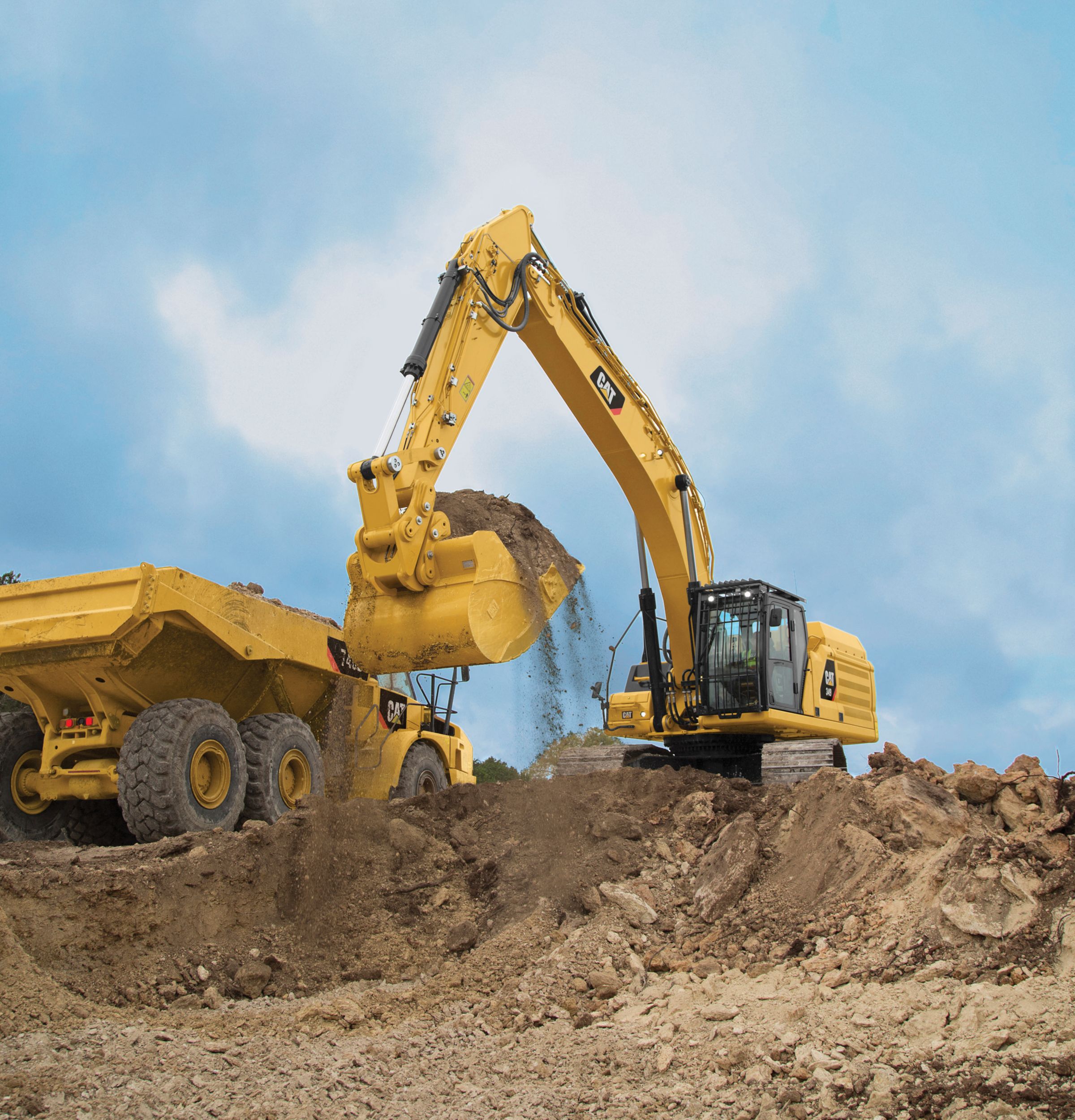Heavy Equipment Rental: High-Quality Equipment for Rental Fee
Heavy Equipment Rental: High-Quality Equipment for Rental Fee
Blog Article
Renting Out Vs. Acquiring Building And Construction Tools: Making the Right Choice for Your Project
When embarking on a building and construction job, one of the vital choices that project managers and stakeholders deal with is whether to lease or purchase construction devices. Both options have their downsides and benefits, making the selection a critical one in the task planning process. The decision rests on various aspects such as expense factors to consider, project period, tools maintenance, danger, scalability, and flexibility management. Each element plays a vital duty in determining one of the most appropriate path for the job's devices demands. construction equipment rentals. Let's explore these elements further to recognize how they influence the decision-making procedure and ultimately the success of the job.
Expense Considerations
Renting equipment often needs reduced initial repayments compared to buying, making it an appealing alternative for short-term jobs or specialists with budget restraints. In the long run, continually renting out tools can gather greater prices than buying, particularly for extensive jobs.
On the various other hand, purchasing construction equipment involves greater in advance prices yet can result in long-term savings, especially for long-lasting projects or regular users. Eventually, the decision between renting out and acquiring building tools pivots on the job's period, regularity of usage, spending plan factors to consider, and long-term economic objectives.
Job Duration

On the other hand, for long-lasting projects or recurring construction work, getting tools might be the more economical alternative. Investing in equipment can bring about set you back financial savings in the future, particularly if the equipment will be often made use of. Moreover, having tools gives a sense of control over its schedule and permits modification to fit particular job demands.

Tools Upkeep
Offered the essential role project period plays in identifying one of the most affordable approach between getting and leasing building devices, the emphasis now moves towards examining the vital facet of equipment upkeep. Proper upkeep is vital for making sure the ideal efficiency and long life of building and construction devices. Leasing devices commonly features the advantage of having properly maintained machinery offered by the rental company. This can ease the problem of upkeep jobs from the task proprietor or specialist, saving time and effort. On the various other hand, having equipment requires a proactive approach to maintenance to avoid break downs, make sure security, and expand the tools's lifespan. Normal examinations, servicing, and prompt repair services are necessary to keep owned devices in leading functioning problem. Consider maintenance prices when determining in between renting out and getting, as overlooking maintenance can lead to costly fixings, downtime, and task delays. Ultimately, a well-kept building and construction devices fleet, whether rented or possessed, is crucial for the reliable and effective completion of building and construction projects.
Versatility and Scalability
In the realm of construction tools administration, the facet of flexibility and scalability holds substantial value for job effectiveness and resource utilization. Opting to lease building and construction devices offers a high degree of versatility as it permits the quick modification of tools types and quantities based upon the progressing demands of a task. Renting out allows contractors to access a vast array of customized devices that might be needed for particular tasks without the long-term commitment of possession. This versatility is particularly beneficial for jobs with differing requirements or unsure durations (dozer rental).
Renting out building devices uses the advantage of conveniently scaling operations up or down as project needs vary. Contractors can rapidly include or trade tools to match the project's changing needs without the restraints of possessing assets that might end up being underutilized or obsolete.
Danger Monitoring
Efficient danger administration in building equipment operations is paramount to ensuring project success and mitigating prospective financial losses. Construction jobs inherently include various dangers, such as equipment malfunctions, crashes, and job delays, which can considerably impact the project timeline and budget. By meticulously taking into consideration the dangers related to owning or renting construction tools, task supervisors can make informed choices to decrease these possible hazards.
Renting building and construction devices can use a level of risk reduction by moving the responsibility of repair and maintenance to the rental business. This can lower the economic concern on the task owner in situation of unexpected equipment failures (heavy equipment rental). In addition, leasing gives the versatility to access specialized tools for particular project stages, decreasing the danger of having underutilized machinery
On the various other hand, possessing building tools gives a feeling of control over its usage and maintenance. However, this also indicates birthing the complete responsibility for repair services, maintenance prices, and devaluation, raising the monetary dangers related to tools possession. Mindful risk analysis and factor to consider of factors such as job duration, equipment utilization, and maintenance needs are crucial in identifying the most suitable option for reliable risk monitoring in construction projects.
Verdict
In final thought, when deciding between purchasing and renting construction devices, it is necessary to think about price, task duration, equipment maintenance, scalability, flexibility, and threat administration. Each factor plays a critical function in determining the most suitable choice for the task available. By very carefully assessing these elements, task supervisors can make an informed decision that aligns with their spending plan, timeline, and mini excavator rental total job objectives.

Report this page